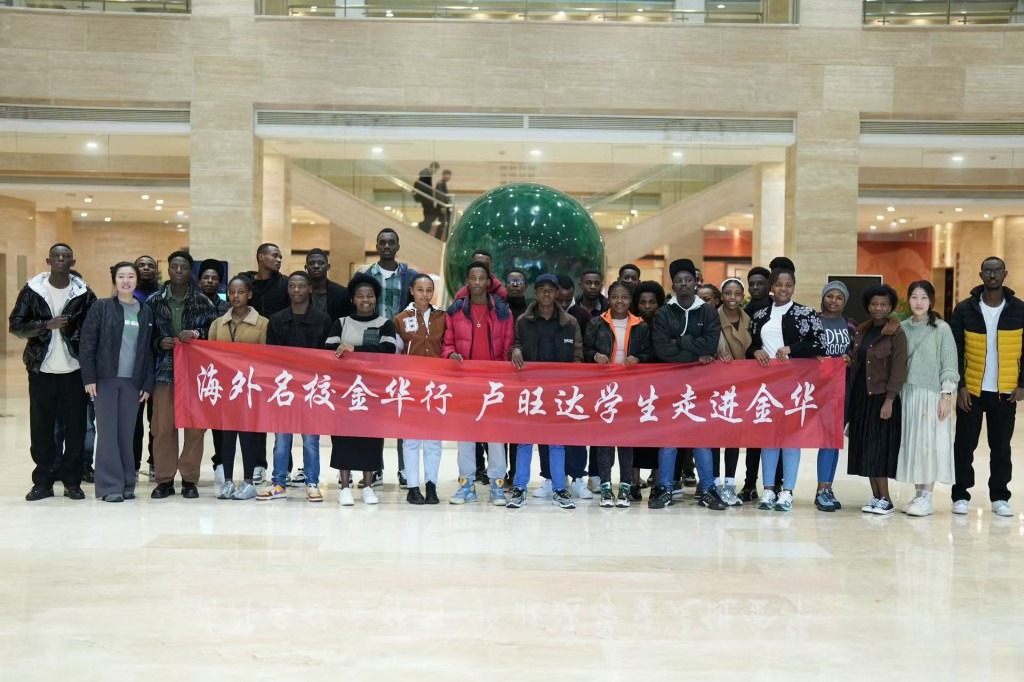Building a shared future is right remedy for world’s ills

It is no coincidence that both Indian Prime Minister Narendra Modi and Canadian Prime Minister Justin Trudeau devoted their opening speeches at this year’s World Economic Forum to the safeguarding of free trade, and that the theme for the gathering is “Creating a Shared Future in a Fractured World”.
While plenty of common concerns have been brought to the fore at the annual get-together in Davos, from sexual harassment to terrorism to economic inequality, Modi, Trudeau and the Davos organizers revealed the simple truth that much of the rest of the world is keenly feeling the same worries President Xi Jinping expressed at last year’s event when he delivered a resounding pro-globalization speech.
“Many societies and countries are becoming more and more focused on themselves,” Modi said on Tuesday. “The negative impact of this kind of mindset and wrong priorities cannot be considered less dangerous than climate change or terrorism.”
The alternative — “build a shared future for mankind” as Xi urged in a subsequent speech at the United Nations headquarters in Geneva last year.
There are no doubt divergences between Chinese and Indian perspectives and approaches to development and everything else, but on these points Modi and Xi are in agreement.
Again, this is in no way coincidental. China and India, with their exemplary rapid growth over the years, have been among the biggest beneficiaries of economic globalization. From their own rags-to-riches experiences in the global market prior to the recent rise of protectionist, isolationist tendencies, they are in the best positions to tell the rest of the world about the advantages of economic globalization and interconnectedness.
But they are not the only ones, nor is it just emerging economies, which have benefitted from open trade and globalization. The current United States administration’s signature “America First” slogan worries both its northern neighbor and others, including its allies in Europe and Asia, because they, too, having been beneficiaries, are keenly aware of the hazardous potential of the White House’s anti-globalization backpedaling.
The US president is also due to give a speech at Davos, in which he is expected to “tell the world that America is open for business”. Which is not so bad; at least that sounds better than “America only”, which has been what we have heard from his administration so far.
But the world expects a lot more from the global leadership the Donald Trump administration aspires to retain.
It will be interesting to see how Trump makes his case on Friday, and if he can get his worried audience on his side.
Today's Top News
- Manila the one acting like a modern-day Viking with its plundering in the waters
- China's box office revenue totals 42.5 bln yuan in 2024
- Brewing rich legacy of tea culture
- Investment in water projects bears fruit
- Spurring consumption among priorities
- Efforts in opening-up, innovation to inject impetus into business































